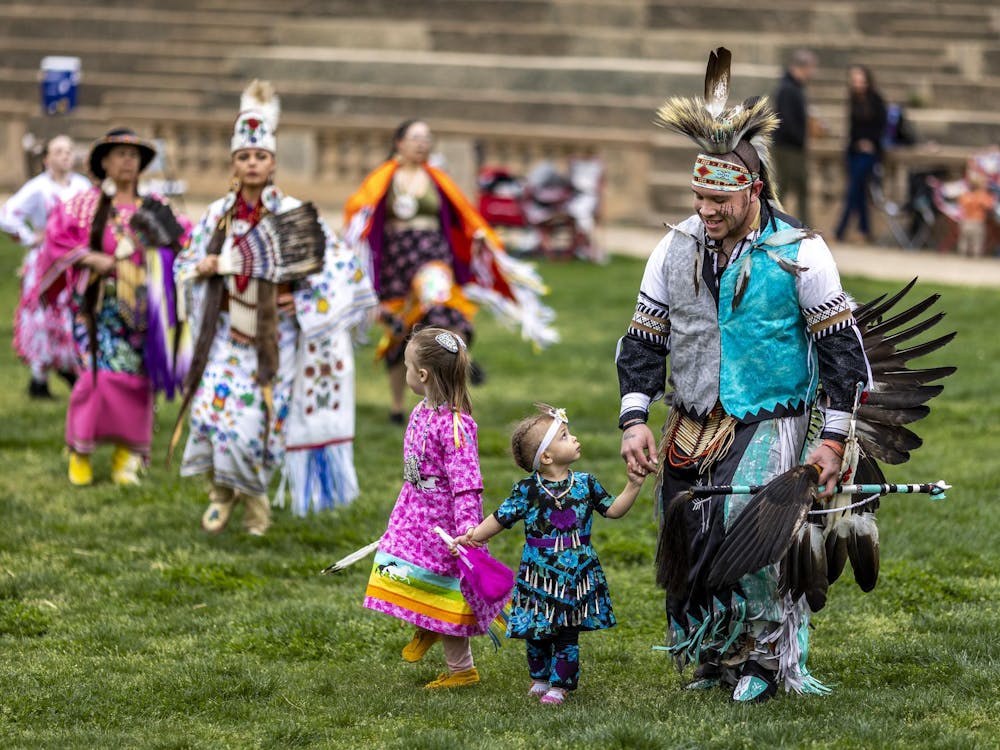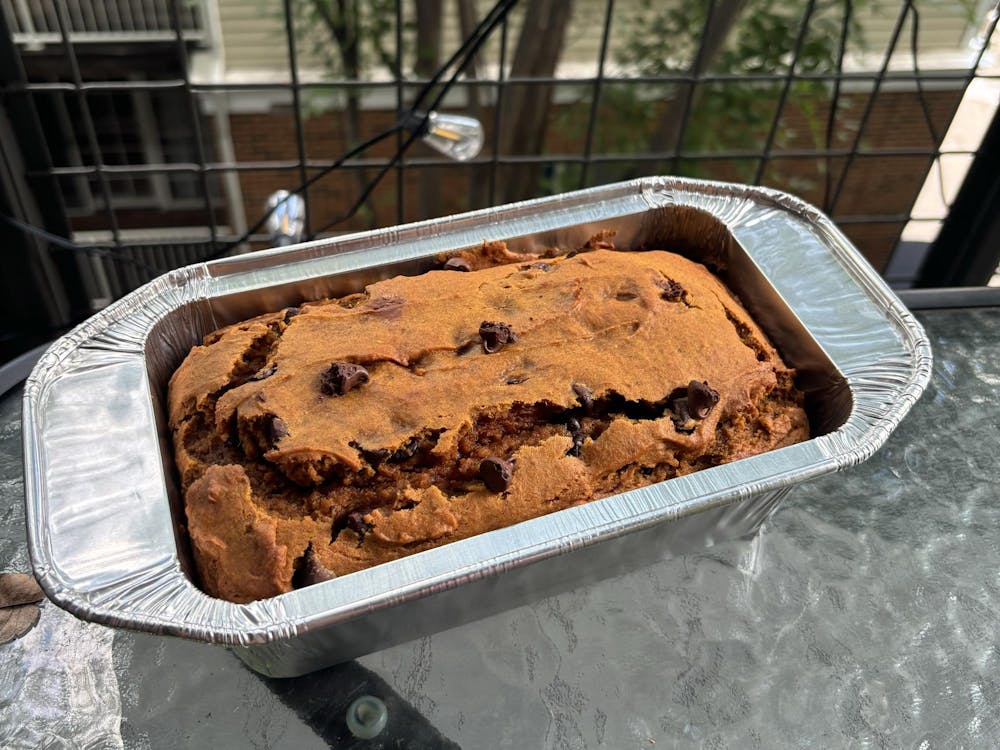This past Wednesday, I did something I haven’t done in a long, long time. Apologies to my professors, teaching assistants and GPA, but sadly this “something” doesn’t involve doing all of my assigned readings before class. That “ideal student and avid learner” ship sailed off to the Bermuda Triangle ages ago. I also didn’t make the trek to the Aquatic and Fitness Center — or any gym, for that matter. That “healthy human being” ship lost steam years ago, sometime after late night dumplings it got bogged down in Qdoba queso.
I didn’t do any of those stereotypical college student New Year’s resolutions. I did something even more important. I made new friends.
I don’t mean to imply I have been living a quarantined, uninvolved life. Through my various activities, I meet new people nearly every semester, usually Facebook-friending somewhere between 26 and 42 people at once. But Wednesday I met people without an organization or a gin bucket bringing us together. I attended a “socially engineered” dinner.
It may seem as oxymoronic as “jumbo shrimp” to suggest something as supposedly natural as social relationships can be engineered, but that’s exactly what it does.
The idea’s simple. One or two people — the engineers — bring people together who they think are interesting, perhaps funny — or at the very least not terribly awkward. Each person brings a plus-one, and they all meet at a dinner locale of the engineers’ choosing.
My group’s restaurant was Guadalajara, which is always a good choice in my book — margaritas are excellent catalysts of free-flowing conversation.
I chose my plus-one because he’d survived the Parent’s Formal gauntlet, so I figured he was invincible in terms of potentially awkward social encounters. On the drive to the restaurant, he skeptically questioned whether he was falling into a “Dinner for Schmucks” trap, or getting tapped for the Seven Society.
As I explained the nature of the event, I began to feel hints of genuine apprehension. I chided myself for not having read The Atlantic that morning — because how else was I going to talk about “real” issues with complete strangers? My friend joked about how he should have brought a Moleskine notebook with his favorite Nietzsche quote etched inside.
The dinner ended up going splendidly, and it even continued into the Fishbowl at the Virginian.
More than the details of the dinner, though, I’m struck that such a simple concept is so foreign to the college environment. We regularly rely on structures to make friends, ranging from dorm halls to discussion sections, from class council meetings to fraternity-sorority mixers. This structured way of making friends fits our environment like a glove, but what about the real world? How do we make friends if 26 new ones aren’t handed to us after a tryout process? This isn’t to say natural friendships don’t form within the constructs of our University environment, but rather that they are fewer and further between.
College, like my favorite section of The Mini Page as a child, maps out friends like a game of Connect the Dots. Everyone’s connected to someone who is connected to someone’s awkward first-year fling. Does the real world, then, play out more like a game of Life? No, it’s not a game. It requires a concentrated, conscientious effort to meet new people outside of the workplace. Instead of living in an environment structured to be social — literally, the Academical Village — we’ll be meandering back and forth between roommates and colleagues.
This, though, is where social engineering makes its mark. The real world means agreeing to meet up at Guadalajara because at least this one person in this world thinks you’re interesting. It means not saying “no” to these opportunities, because otherwise you’d be in bed watching that episode of “The League” for the ninth time. It means stepping out of the confines of our youth and forming meaningful, lasting relationships in new and exciting ways.
I may be an English major, but, for once, I’m a proponent of engineering.
E.P.’s column runs biweekly Tuesdays. She can be reached at e.stonehill@cavalierdaily.com.




